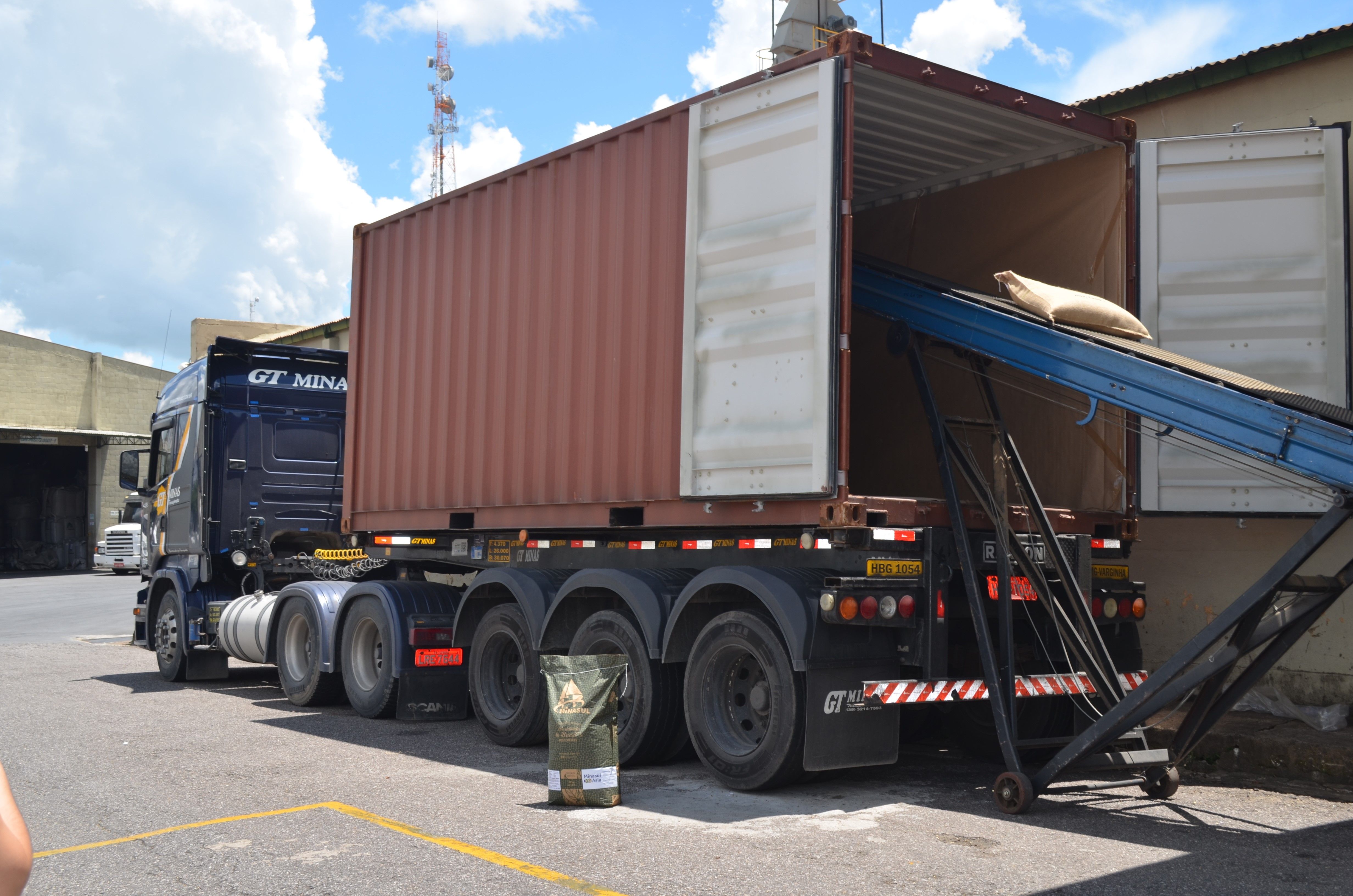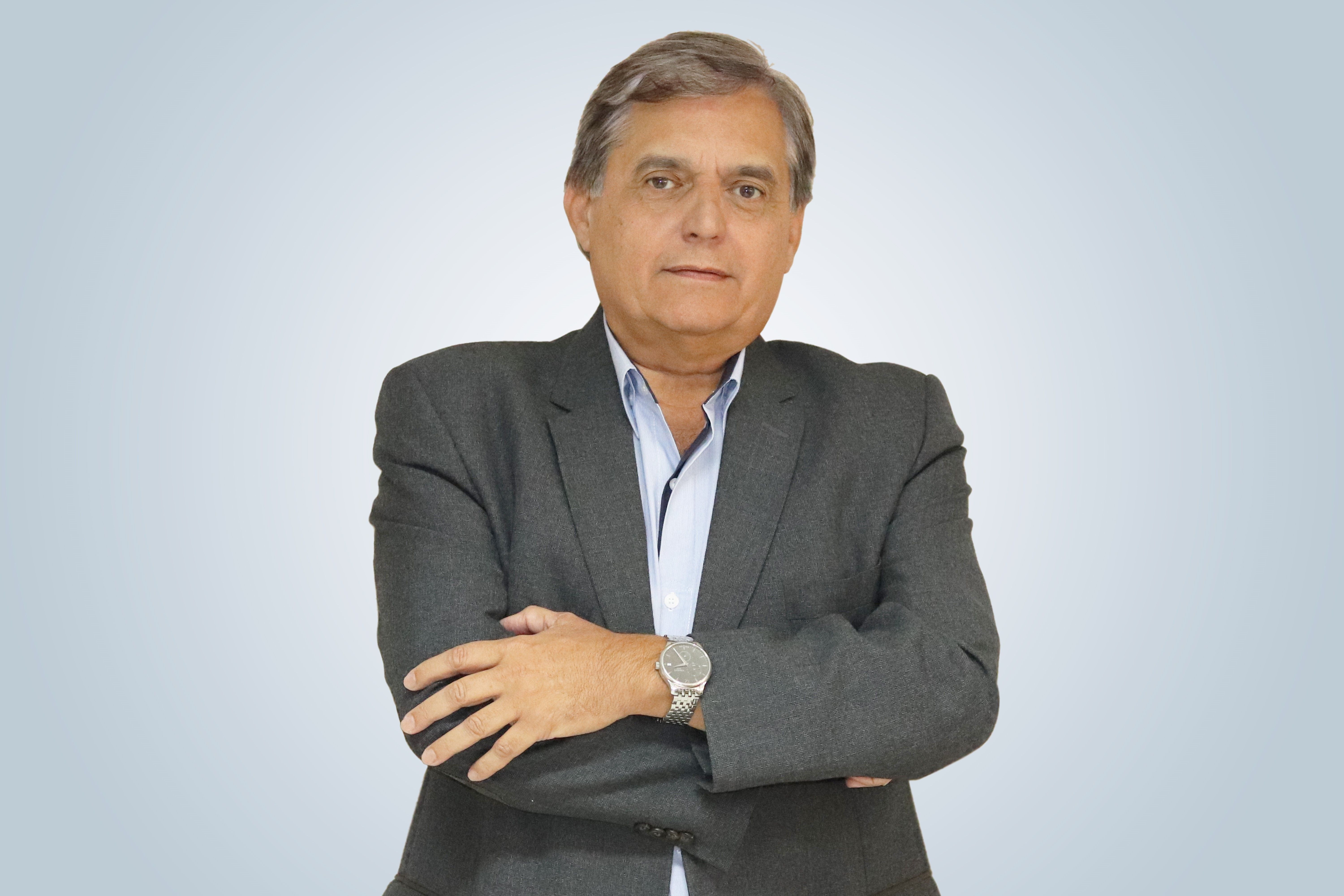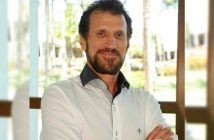In 2019, the company reported record sales and profit
Minasul (www.minasul.com.br), the second largest coffee cooperative in Brazil, is celebrating a 29% growth in net sales in the last year, a 70% increase in exports, 13% in the number of active members, and a net gain of 42%.
The cooperative ended the year with net operating revenue of R$1.44 billion compared to the result for the previous year, of R$1.12 billion. Minasul also recorded a comprehensive result (profit) of R$20.05 million, compared to R$14.56 million reported in the previous year. Results were driven by exports, product diversification, implementation of new processes, investments in technology, and an increase in the number of members.

“Despite the challenges in 2019 and the coffee price crisis, it was a record year for Minasul. The result of our strategy of high-taking quality coffee from the south of Minas Gerais to the world was a surprising factor, which showed that we are on the right path,” said José Marcos Rafael Magalhães, President of Minasul. “We are going to focus on diversification and technology and seek more foreign markets in 2020. We will also start exporting soybeans this year. The foreign market is our great goal,” he said.
The total coffee in stock at the turn of the year was also surprising, being the lowest in the last 10 years, at R$166.3 million, equivalent to 415,579 bags of 60 kilograms. In the previous year, the total harvest in stock was 600,021. “The harvest was less than expected last year, but more than that, there was a growing demand, which is very positive. It shows that there is still a lot of room for our coffee to grow,” he stated.

A major highlight was the launch of an app that allows the company’s members to have access to all information about their coffee stored in Minasul at any time. “It is an app that brings agility to the cooperative members when making their decisions about the destination of their products. They now have all the information at their fingertips,” said Magalhães.
Exclusive interview with the president of Minasul, José Marcos Rafael Magalhães.

Grão Especial – With the closure of coffee shops around the world to contain the advancement of COVID-19, some international publications point, at this time, to an increase in the consumption of specialty coffees in people’s homes, precisely because of social isolation. How does this movement impact Minasul?
José Marcos Magalhães – Well, in fact, it impacted it for good. Coffee consumption in commercial establishments is not that much greater than coffee consumption at home. People who stopped consuming in coffee shops are consuming at home, and even more than before the crisis. We are working with a 10% to 20% increase in this consumption, due to the quarantine.
Grão Especial – Asia has gone through the Coronavirus challenge earlier than we have. What did you notice about the consumption of specialty coffees in Asia?
José Marcos Magalhães – In China, we cannot say yet, because our office there is new and we have been working with them for a short time. But in markets like Japan, South Korea and Indonesia, we noticed a greater interest in coffee. They are even more concerned with the continuity of the production of our coffees than with Coronavirus. Even wanting to anticipate payments, which never existed.
Grão Especial – Some experts point out problems with the quantity of containers available for exporting consumer goods in general. Have you noticed this difficulty?
José Marcos Magalhães – I will give you some piece of information to refute that data. We recently started exporting coffee, just three years ago. In the last month of March, we broke the record in our export history. We shipped 65,500 bags, the largest shipment in our history. Another example is in the port of Trieste, in Italy, Lavazza. We shipped 5,000 bags, to be delivered in April. We have been working with all ports and it is absolutely normal. So far, we have had no abnormalities.
Grão Especial – The biggest challenge for Minasul in 2019 was the price of coffee. Right now, is Coronavirus the biggest problem for coffee exports or do we have other bottlenecks in 2020?
Marcos Rafael Magalhães – The Coronavirus, oddly enough, will help us to promote a different form of negotiation, by digital means. We are very prepared to use this technology as a tool. We just launched an app, Agroapp, which is making our producer’s life a lot easier. We also have the online store, and we are clearly seeing that its use will be driven by Coronavirus. Therefore, this pandemic is having a good side effect, as it is forcing the adoption of technology to speed up.
Grão Especial – You have many associates. Are the producers prepared for this great challenge, of are they facing the Pandemic without disturbing their production?
José Marcos Magalhães – Within our operation, we work with more than eight thousand members. Of these, 85% are small producers, and they already have natural isolation, since they work only with their family. Our recommendation is to follow the determinations of the Ministry of Health and, above all, pay close attention to the quality of coffee. We have a very high demand for products with added value and that maintain all care in production, nor let productivity drop. And we will be here working to shorten distances and, if possible, remove some links in the chain. Our customers long for a good price. The only way to improve the profitability of our producers is to remove some links from this chain. Our buyers wish a good price and so do our producers. The only way out in this case is to shorten these distances between the buyers and the producers market. We clearly see that the coffee chain was established many years ago in a very unbalanced way. There are great links within that chain. We need to break some of them.
Grão Especial – Which ones, for example?
José Marcos Magalhães – Look, we have a series of situations here. I will talk about a very basic chain. We have, on the producers side, a broker, importer, exporter; on the other sides, we have the buyers, we have an exporter, a broker, a distribution. We are working with direct trading, which includes a series of facilities and blockchains, reducing these distances. Our intention is to make the direct lead between our producers and the coffee shops and buyers worldwide.
Grão Especial – But does it take time…?
José Marcos Magalhães – Yes, of course, because some people have a lot of resistance, we suffer violent attacks, but we are going ahead anyway. It is inexorable. No economic activity today carries inefficiencies. If ours is full of inefficiencies, we have to clean it up. As the end consumers and our producers realize and adopt this procedure, then the environment will have no strength to maintain itself. That is our vision. We have a plan, Minasul 2030, through which we are looking to make these changes happen. With the coffee trade specifically, we will start from this harvest. We have a lot to do, such as direct trading, blockchains, and this year we will have lots of news. I could conclude by saying that we are working mostly outside the gates, so to say. All of our members have developed a great ability of working in the production field, as we said. So much so that Brazil has the highest productivity in coffee production in the world. We have gone from 8 bags per hectare to 32 bags per hectare, on average, which means a violent growth. Therefore, now, we have to work outside the gates and help producers mitigate their risks in their activities. Thus, we also have the challenge of the future market. To give you an idea, three years ago, only 2% of our members used the futures market to sell their coffees. In 2019, we leaped to 37% of producers. And that is key. That old system of planting coffee, harvesting and then selling, is no longer sustainable. With our App, at any time, the cooperative member can check the coffee rate at any time and decide when and for how much to sell their coffee. All done digitally. It is a great tool, and Coronavirus will drive producers to join this game and, for sure, they will not return to the old system, thus using technology to their advantage. We are aware that this Pandemic, in a way, will be a milestone in the way producers sells their coffee.
Grão Especial – Any plans for the domestic market?
José Marcos Magalhães – Yes, we have a project to build our own roaster to reach the domestic market, which is already the second largest in the world – second only to the USA. This year, our export target was 200 thousand bags and we already attained it. By the end of 2020, we will export 600 thousand bags. Let’s not forget the internal market.



